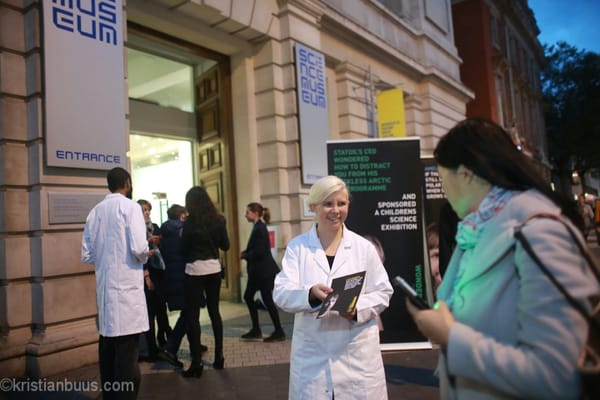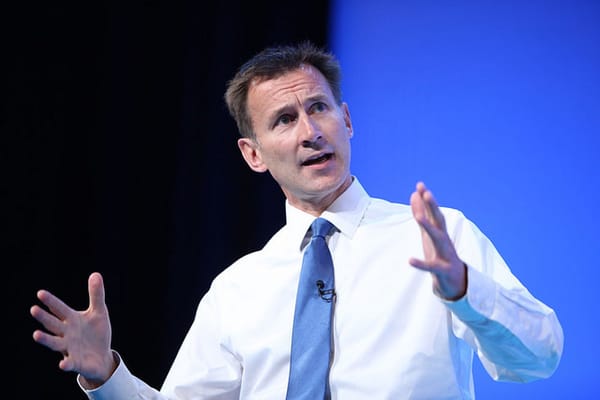Government accused of barring foreign expertise
Calling it a misunderstanding doesn’t make it better

Last week, foreign academics from the London School of Economics (LSE) accused the British Government of excluding them from advisory talks on Brexit.
Allegedly, during a meeting between Professor Kevin Featherstone, head of LSE’s European Institute, and Nathaniel Copsey, head of research for the Foreign Office, Featherstone was told that “Academics working on that project going forward would have to be UK passport holders only”. This was subsequently communicated to LSE staff involved in the advisory talks, according to the Financial Times.
LSE academics were quick to chastise the move.
Dr. Sara Hagemann, an Assistant professor at LSE, who in the past has held posts as at the Brussels-based European Policy Centre (EPC), at the Centre for European Policy Studies (CEPS), and in the Danish Ministry of Foreign Affairs, took to Twitter accusing the UK government of dropping herself and many of her colleagues from advisory talks.
The Home Office has since come out claiming that this is all one big misunderstanding. A source told the Telegraph that “the vetting of foreign nationals is a standard policy for sensitive projects”, accusing LSE of misinterpretation.
However LSE interim director Julie Black, wrote in a letter sent to LSE employees, that “Whilst the Foreign Office has long had a rule restricting the nationality of employees or secondees, the extension of the bar to advisory work seems to be new.”
I am concerned in general about how Brexit will play out; If this new policy is going to be enforced, then that is not good news
Black then stood by LSE academics and the work they produce. She wrote “We have issued a public statement stating that all our academics produce excellent work whatever their nationality, and could provide a valuable source of advice. We are standing firm to our principles of academic independence, and valuing our truly international community of scholars. We will continue to stand by our colleagues and we strongly value the work you all do.”
We talked to Dr. Erik van Sebille, a Dutch oceanographer and climate scientist from Imperial College, who gave evidence in parliament earlier last May, supporting a ban on plastic microbeads in cosmetics. The ban is to come into full effect by 2017 and is the next major step in tackling ocean plastics, after the 5p plastic bag charge, which took effect last October. When asked whether the ban would have come into effect if he had been barred, he replied, “I think that the science was very clear, we all said the same thing, It was good that I was there and I think that I did make a difference, but even without me, there would still be a microbead ban.








